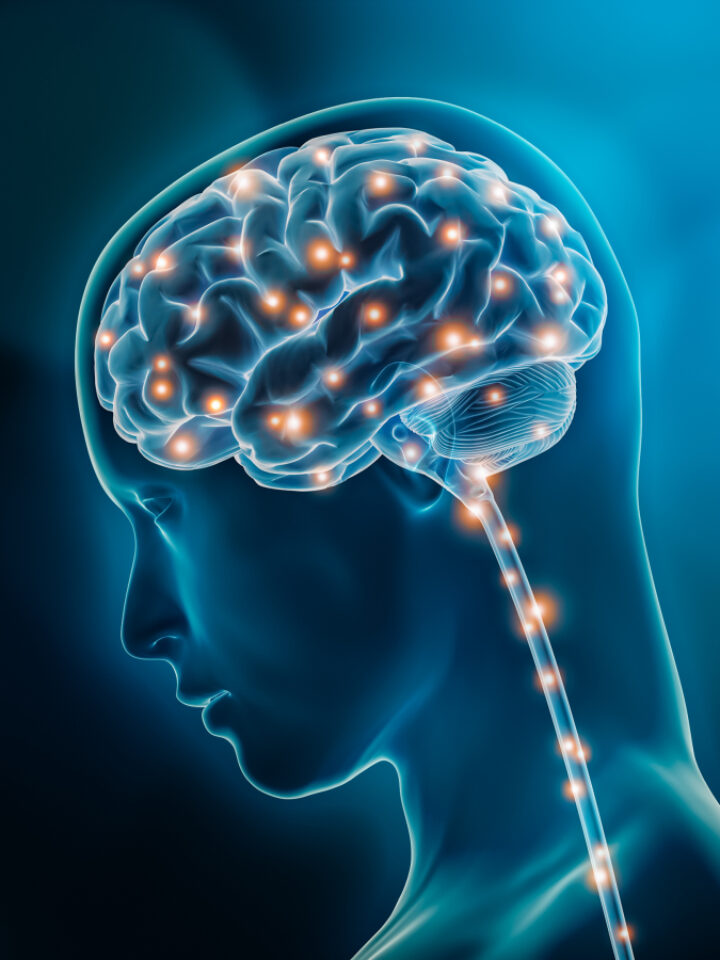People with autism learn new visual skills more quickly through a series of momentary “memory flashes” rather than hours of tedious study, say researchers in Israel.
They believe the best way to reinforce a newly-acquired ability is through quick reminders lasting a matter of just a few seconds.
These “memory flashes” can be as effective as long hours of follow-up study, and they have the added benefit of improving the ability to apply new skills to different situations, which people with autism can also find difficult.
“Standard teaching methods still advocate an approach where longer practice equals better learning,” said Prof. Nitzan Censor, who headed the study, based at Tel Aviv University (TAU).
“We have identified an alternative learning mechanism that uses ‘memory flashes’ — a brief exposure to a task that has already been learned — in order to assimilate and generalize skill development,” Censor added. “We already know that a large part of learning does not happen in formal training settings but afterwards, in processes of assimilation and reinforcement of memory that occur ‘offline’; for example, when our brain is asleep.”

The study built on that knowledge of “offline learning” by asking 30 adults with high-functioning autism to learn a visual task for the study, such as identifying the direction of lines that flashed on a screen for a fraction of a second.
They spent time developing the skill on the first day, but on subsequent days they had only the briefest reminder – a “memory flash” — lasting just a few moments. Despite the brief time spent on the new task, their performance improved significantly and was on a par with those who did it the hard way, spending time to refine their skill.
In fact their improvement matched not only that of those who were assigned “multiple-repetition learning,” but also that of people without autism.
The study, conducted at TAU’s Schools of Psychological Sciences and Neuroscience, together with a team at Ben-Gurion University, has been published in the journal Current Biology.
“We have already proven in previous studies that processes of learning assimilation can be improved through flashes of memory,” said Censor.
“It does not take prolonged practice time to assimilate the task – it is enough to flash it for a few seconds to stimulate the relevant brain network, and the brain will then assimilate the material on its own. Through short flashes of visual stimulus in the task learned, we were able to produce learning that is identical to repetitive learning in terms of its effectiveness; meaning, we significantly shortened the learning time. The added value is the ability to generalize: the examinees performed a task under new conditions, as if they had fully learned it.”
He said people with autism often have difficulty learning and then applying that learning in other situations.
“Memory flashes” could also help patients’ rehabilitation after neurological injuries, he said, training the brain to quickly regenerate the damaged connections.















